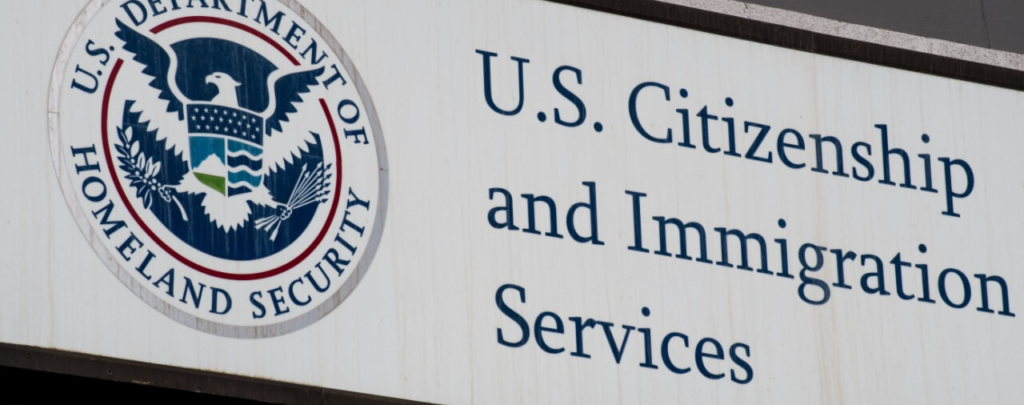On September 4, 2019, the Department of Homeland Security (DHS) published a 60-day notice and request for comments on a proposal to extend social media vetting policies to additional immigration applications [PDF version]. We have discussed the U.S. Department of State’s (DOS’s) social media vetting policies for immigrant and nonimmigrant visa applicants undergoing consular processing in a separate article [see article]. DHS has been running pilot programs regarding social media vetting since at least December 2016 [see e.g. PDF version].1
The DHS’s proposal would adopt nearly identical social media vetting policies for the following forms:
Form N-400, Application for Naturalization
Form I-131, Application for Travel Document
Form I-192, Application for Advance Permission to Enter as a Nonimmigrant
Form I-485, Application to Register Permanent Residence or Adjust Status
Form I-589, Application for Asylum and for Withholding of Removal
Form I-590, Registration for Classification as Refugee
Form I-730, Refugee/Asylee Relative Petition
Form I-751, Petition to Remove Conditions on Residence
Form I-829, Petition by Entrepreneur to Remove Conditions on Permanent Resident Status
The DHS is accepting comments on the proposed information collection through November 4, 2019. The proposal would significantly expand social media vetting to several important types of USCIS forms, notably including applications for immigrant visas and adjustment of status, applications for asylum, and applications for naturalization.
Those seeking immigrant visa status in the United States should be aware that the Government may consider whether information on their social media profiles weighs against their being granted immigration benefits, status, or admission. In cases where social media vetting questions are asked, both DOS and DHS have stated that a failure to answer the questions may be counted against the applicant. A noncitizen may consult with an experienced immigration attorney for case-specific guidance and to ensure that his or her rights and interests are protected throughout the entire application process.
We will update the website with more information on social media vetting in the immigration benefits and application processes as it becomes available.
- Brennan Center for Justice. “Timeline of Social Media Monitoring for Vetting by the Department of Homeland Security and the State Department.” Brennan Center for Justice. Updated Sep. 9, 2019. https://www.brennancenter.org/analysis/timeline-social-media-monitoring-vetting-department-homeland-security-and-state-department





